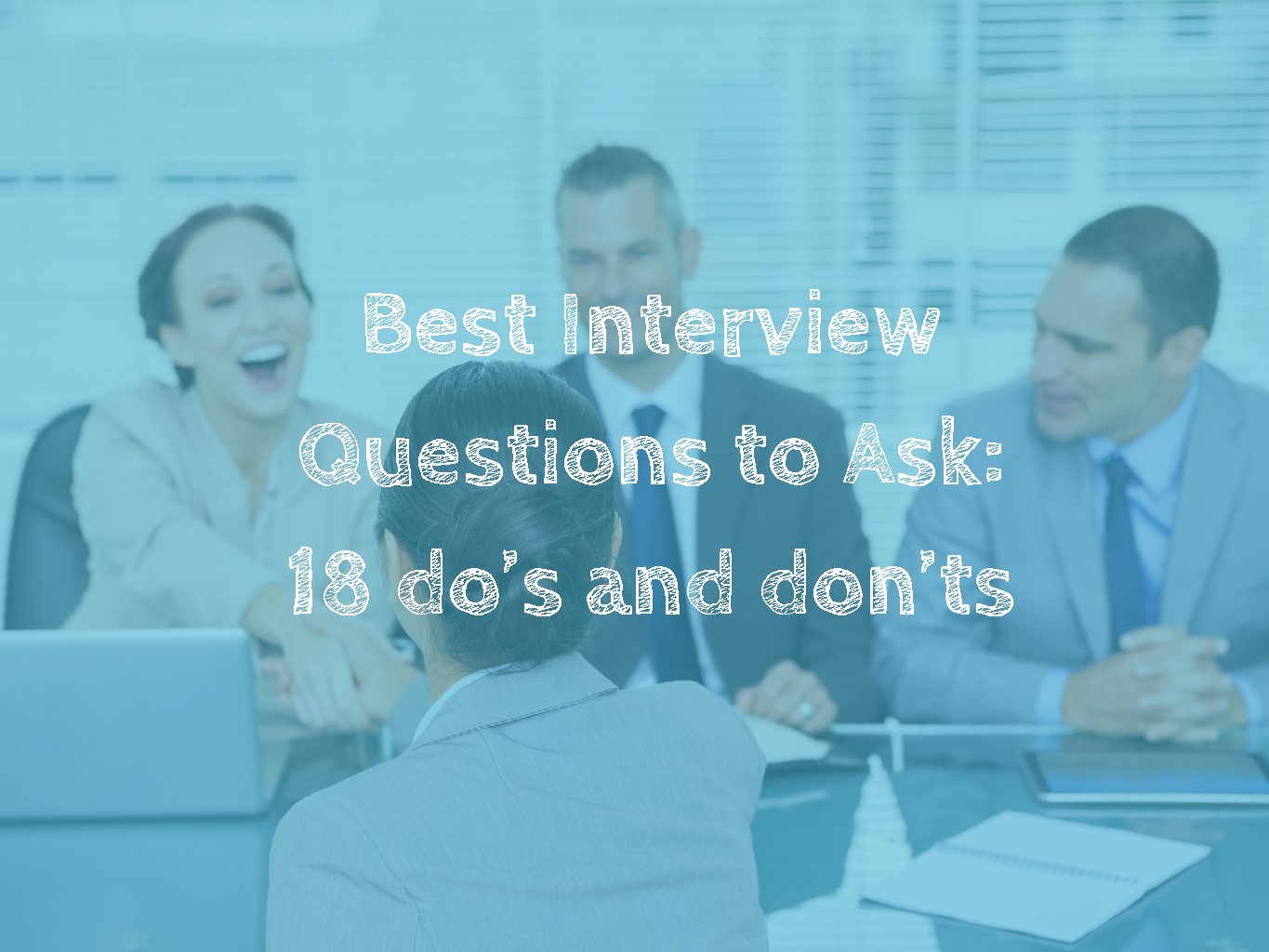Apart from preparing your answers to questions you will be asked at the interview, you should carefully think about the questions you will ask at the interview.
This is your opportunity to learn more about the company culture, the actual role and your fit with both the role and company.
Your questions also tell the company a lot about you. Good, thoughtful questions show your level of thinking, how much research you have done about the company and role, and what is important to you (you are bothering to ask about it – benefits? Management styles? etc).
Avoid asking questions that:
- You could have easily learnt the answers to by reading the company’s website or conducting simple research.
- Are too personal, for example about the interviewer’s family etc.
- The answers to are yes or no. You want to build conversation.
- Are too much about you – time off/benefits/overtime.
- Overly complicated, covering multiple topics or questions.
- Are negative in tone- negative aspects of the company, the role etc.
So what are good questions to ask at the interview? Here is a list to consider:
- What are the skills/characteristics/experience most important for successfully performing this role?
- Tell me what is unique about your company’s culture?
- Why do you like working for xxx (use company name)?
- What is a typical work day like?
- What do you think are the challenges for succeeding in this role?
- Who does this role report to (if it is not stated in the job description)?
- How many people work in that department/company?
- If it is a small company, you could ask what they can tell you about other members of the team.
- Ask about something you read in the news about the company. For example: how do you think the acquisition of yyy will effect the future of xxx?
- What would be the growth path of this role within the company?
At the end of the interview always make sure to ask:
- Do you have any reservations about my qualifications for the role? (This is your chance to address any concerns they may have!)
- What are the next steps in the interviewing process?

